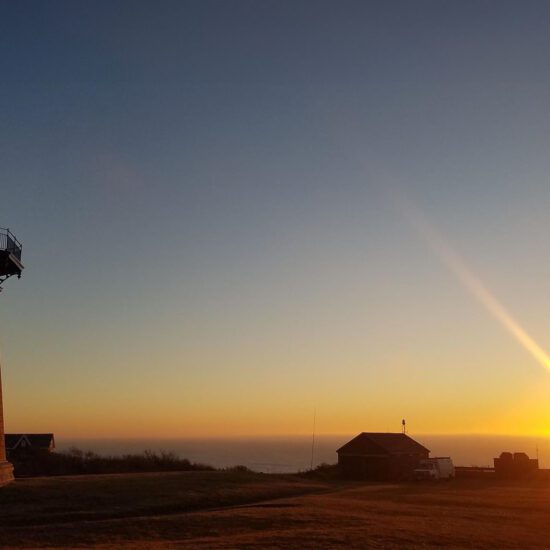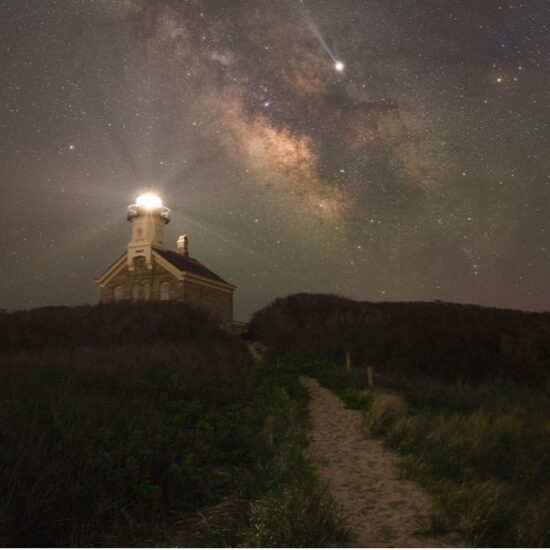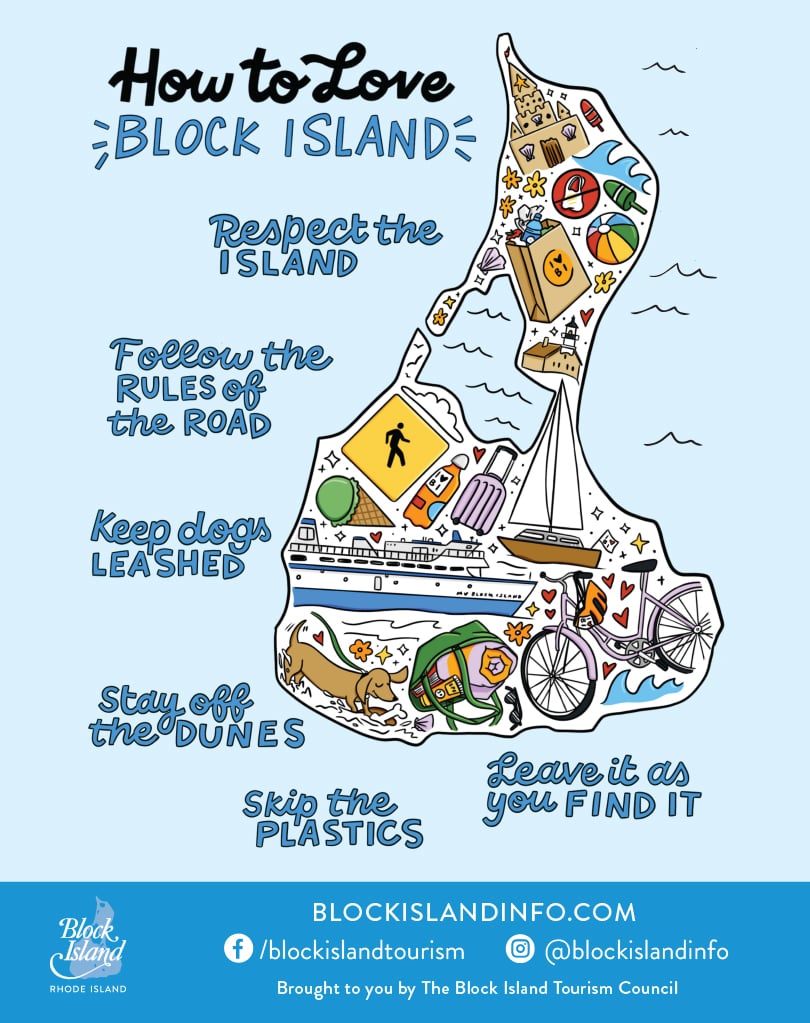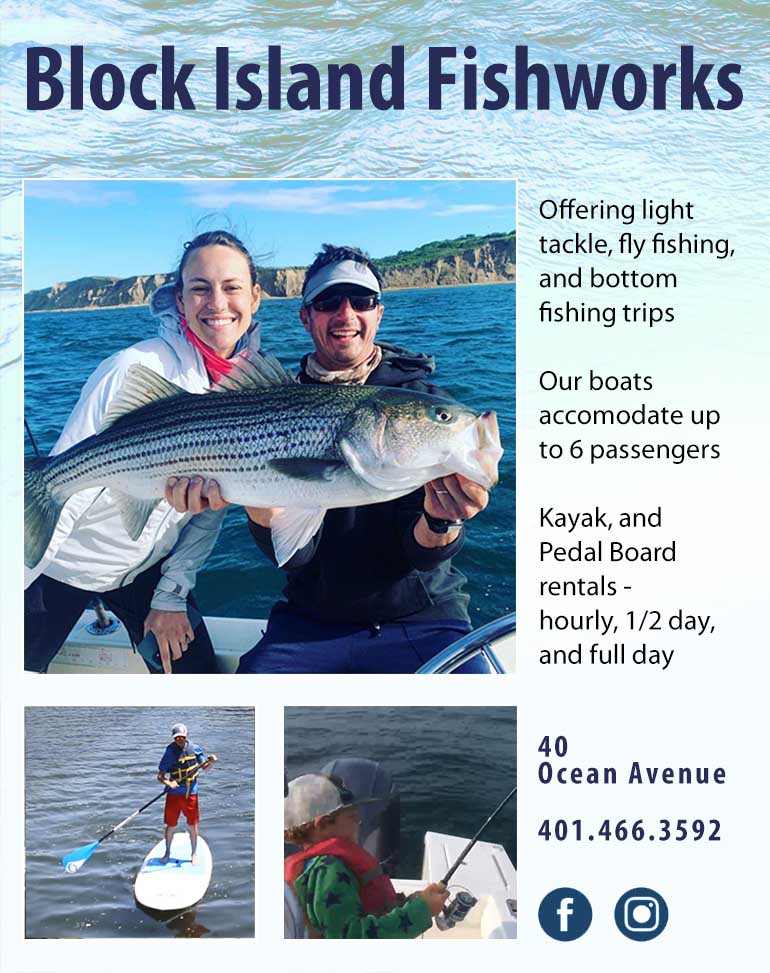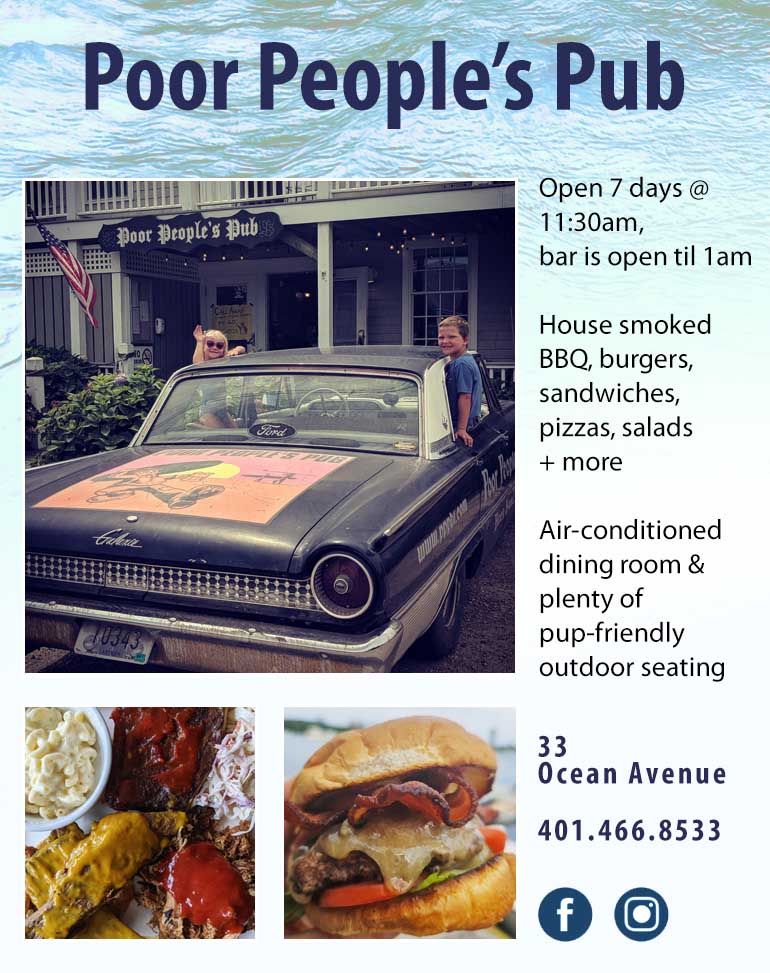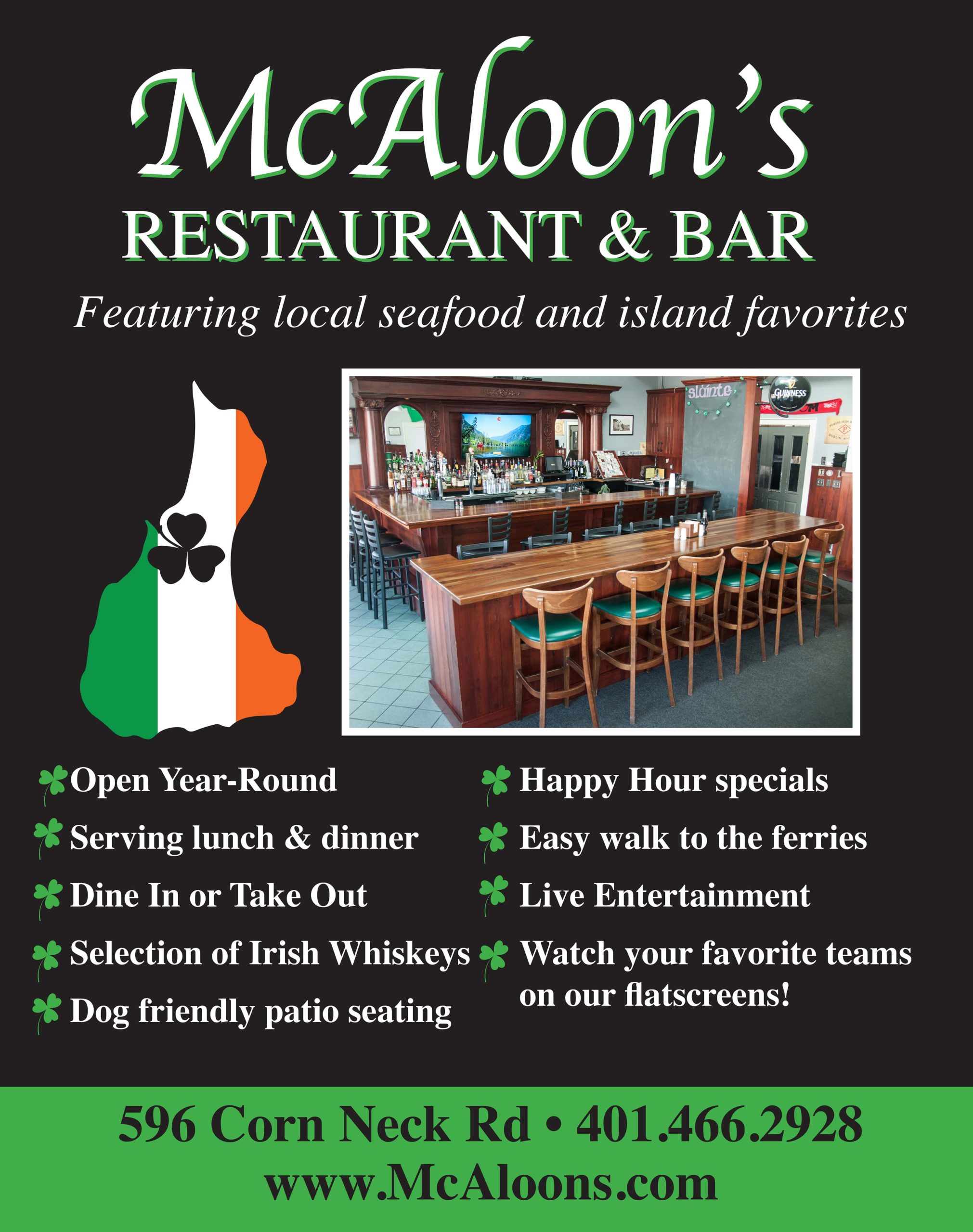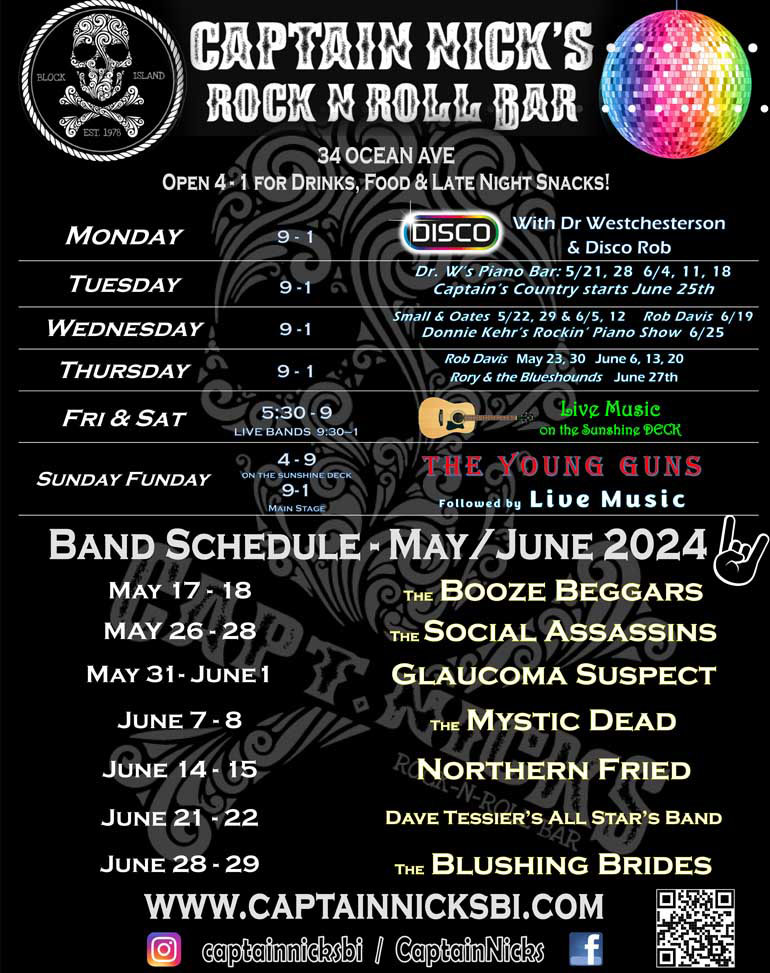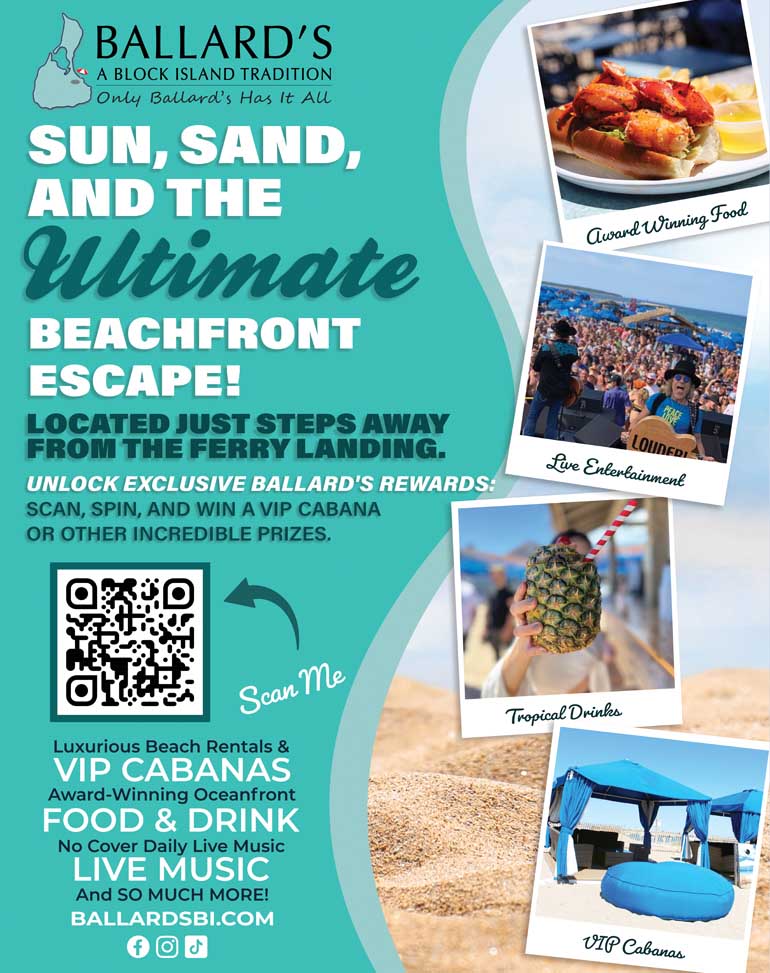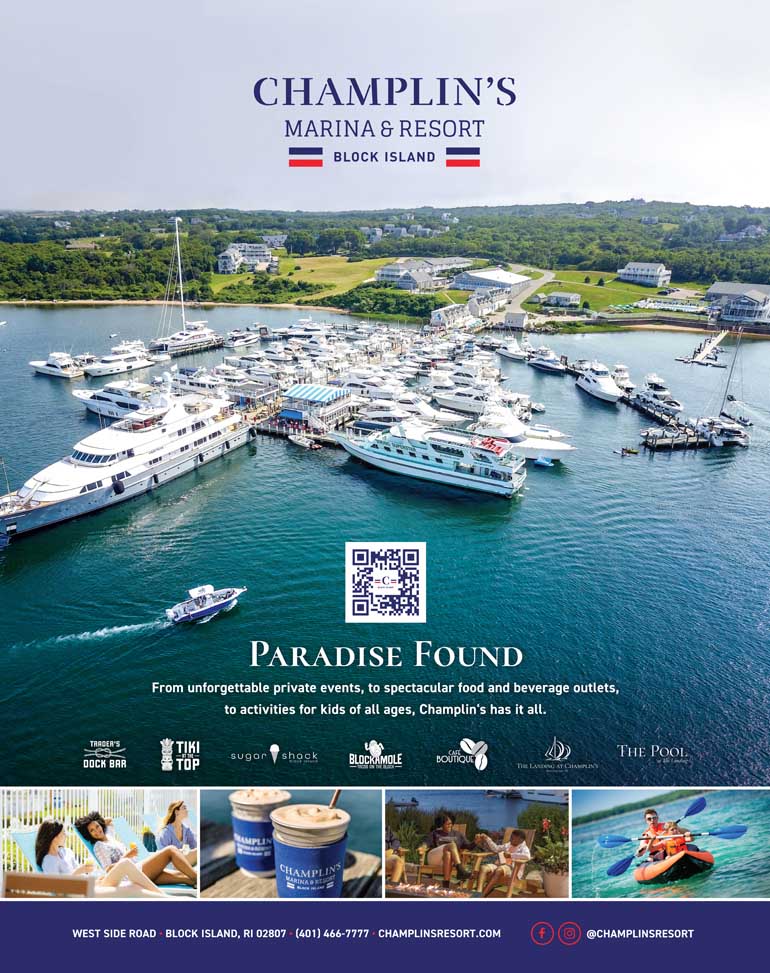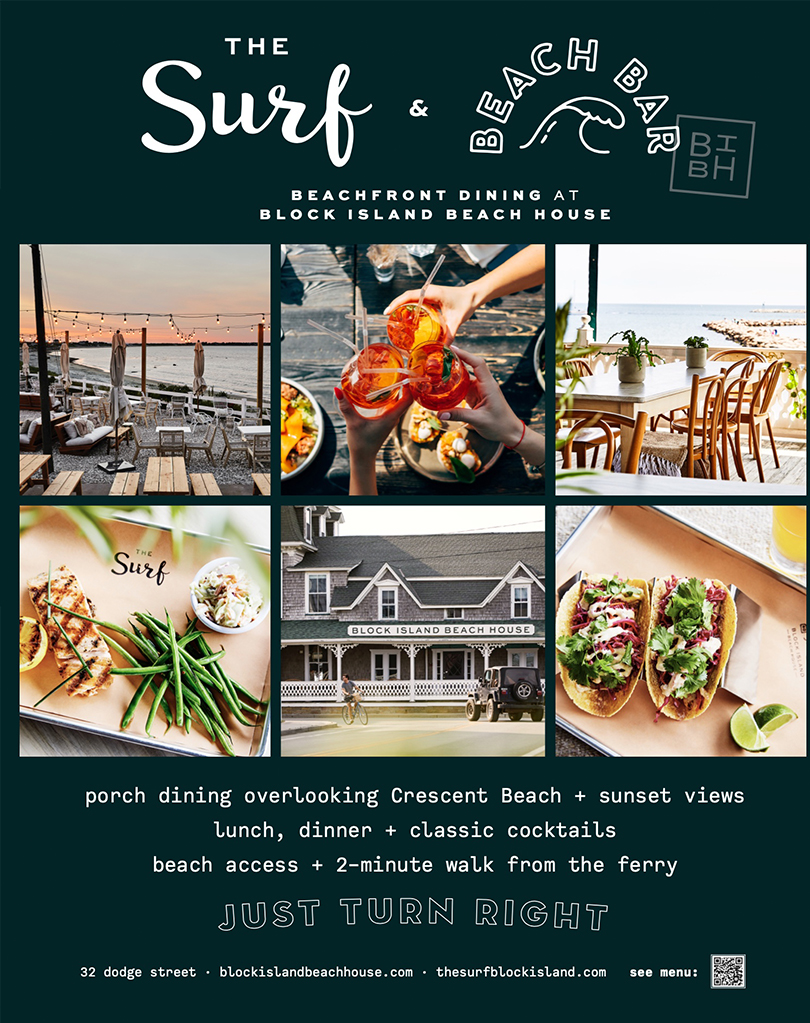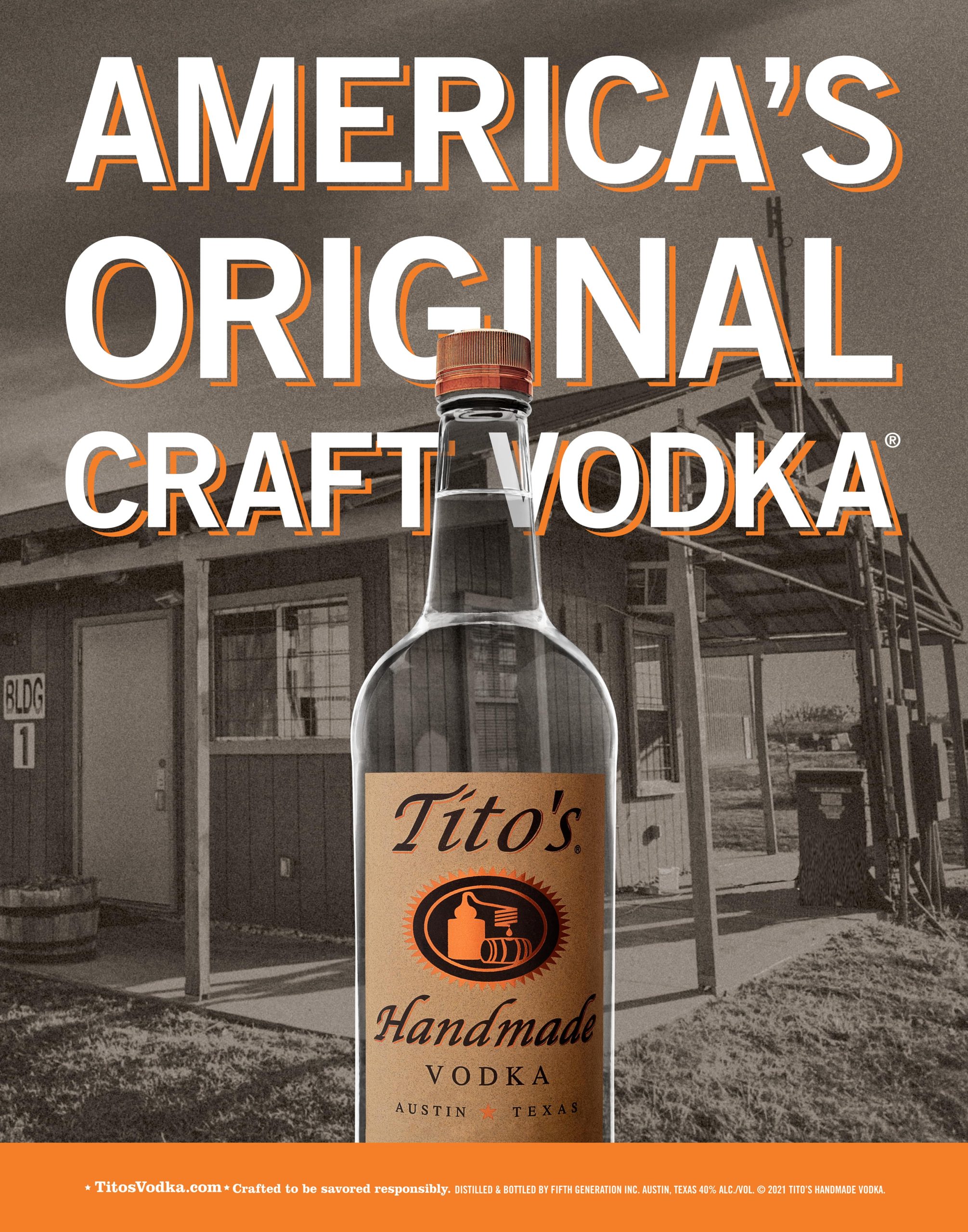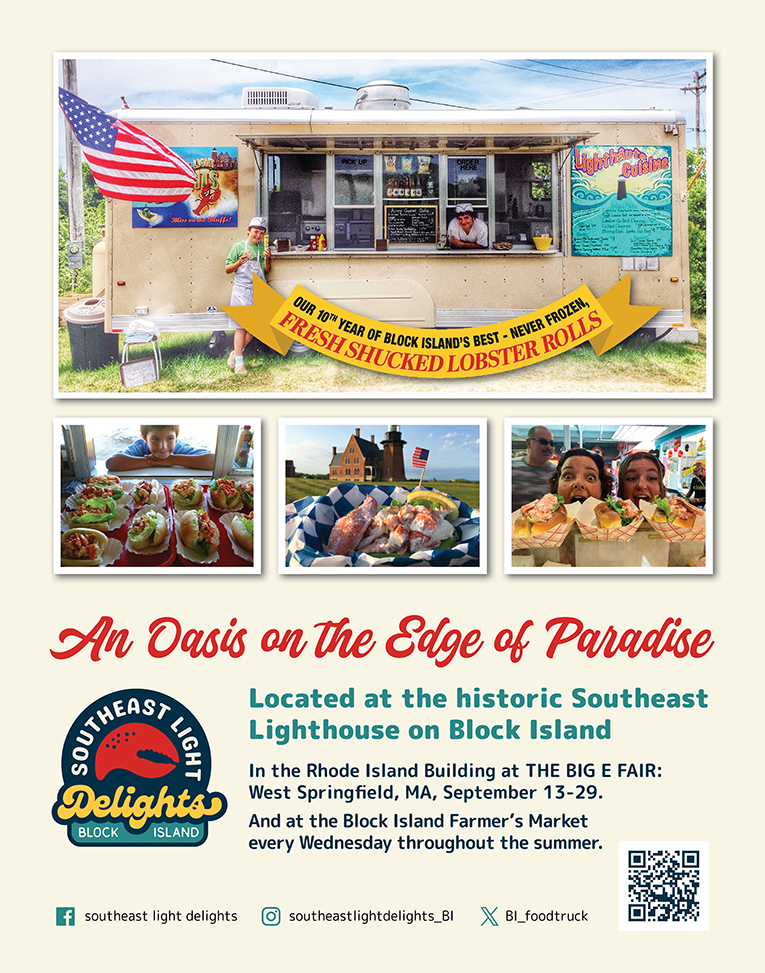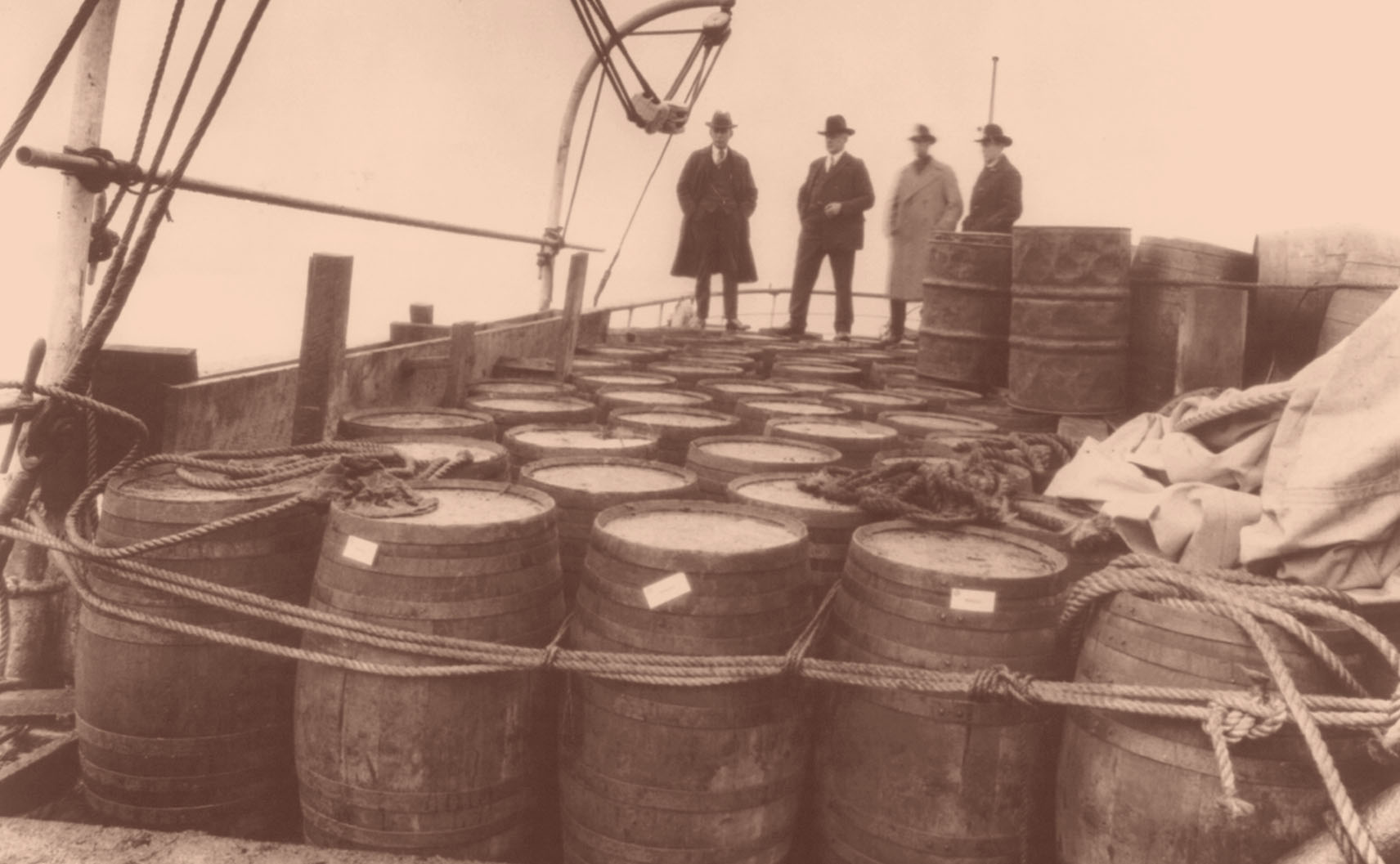
Block Island’s Bootleggers
Sometimes you might catch an old black-and-white gangster movie on TV. Those films showcased the glamorous and violent lives of crime bosses in big cities such as New York and Chicago. It always seemed like the villains in these stories made most of their money through bootlegging.
The stories of men like Al Capone and Dutch Schultz have entered the history books. But these big city figures were not the only part of the bootlegging trade during Prohibition. Rhode Island also had a huge influence on black market liquor and, believe it or not, the jewel in its crown was Block Island.
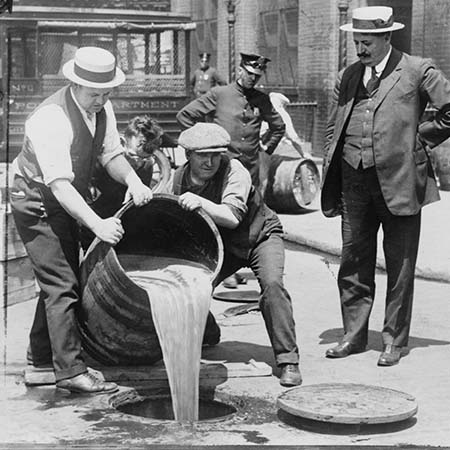
Prohibition
In the 19th century, a growing group of Pietistic Protestants began a campaign in the United States to end the production and consumption of alcoholic beverages. These prohibitionists believed that alcohol fueled society’s greatest ills: family violence, political corruption, poverty, etc. Throughout the late 1800s and the turn of the century, the movement took hold and began to include members of both the majority and minority parties in the federal government.
On January 16, 1919, the US Senate ratified the 18th Amendment to the Constitution prohibiting the manufacture, sale, or transportation of intoxicating liquors in the United States. A few months later, on October 28, Congress passed the Volstead Act which gave the federal government the power to enforce and prosecute anyone who defied the 18th Amendment. Finally, on January 17, 1920, the United States was officially dry.
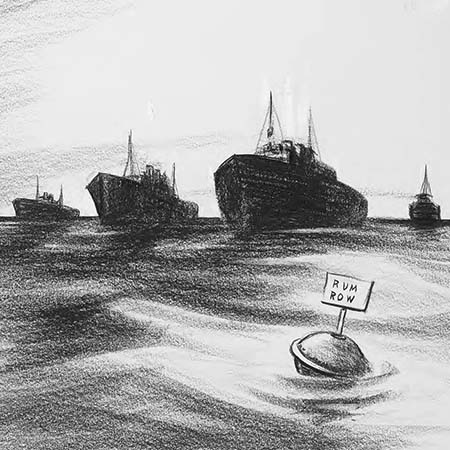
Rum Running
The onset of Prohibition brought with it the evolution and growth of organized crime in the United States. Each part of the country had its own organizations that turned a profit from smuggling booze into the country. New England isn’t an exception.
At the beginning of the 20th Century, U.S. waters only extended out about 3 nautical miles. Anything beyond that was considered international waters. This 3-mile limit was referred to as “Rum Row”. International ships carrying alcohol would anchor at this point to circumvent any U.S. laws.
Boats from the shore would make their way to these ships and load up on booze to smuggle into the country. These ships, called Rum Runners, were either built to be faster than any law enforcement vessel or would be armed to the teeth to defend their goods.
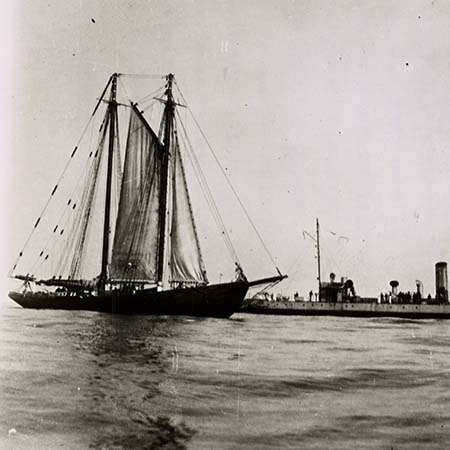
Block Island: Gangster’s Paradise
A pair of New York bootlegging syndicates had a robust system to smuggle booze into the United States. Starting in England and Scotland, the liquor would be transported via steamships to the island of St. Pierre and Miquelon, just off the southern shores of Newfoundland. From there, 3-masted fishing ships sailed the product to Rum Row, specifically just off the shores of Block Island.
Block Island had a unique position in the bootlegging trade due to its location to Rum Row and its nautical residents. Many, if not most, of the island’s fishermen were members of one of the two New York syndicates. When they weren’t out fishing, they were running whiskey to mainland Rhode Island, Connecticut and Long Island Sound. The island was also the storehouse for most of the liquor from the Rum Row fleet.
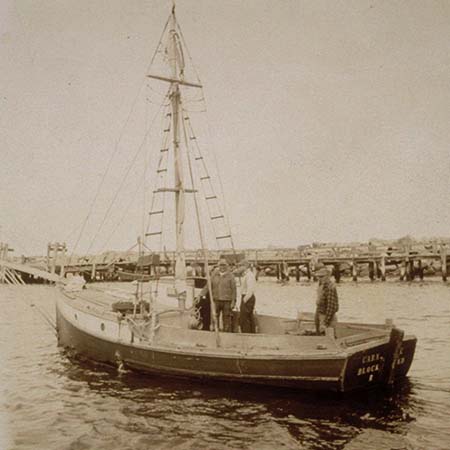
For more direct business deals, potential buyers would meet with a syndicate “financial man” (along with his armed bodyguard) at a hotel in Providence. Once cash has traded hands, the buyer was given a secret code and the location of a certain boat docked in Newport. From there, the buyer was transported by speed boat to Block Island. The skipper of the speed boat would introduce the buyer to one of the island’s rum runners and they would arrange a fee to bring the booze to the buyer’s preferred location on the mainland.
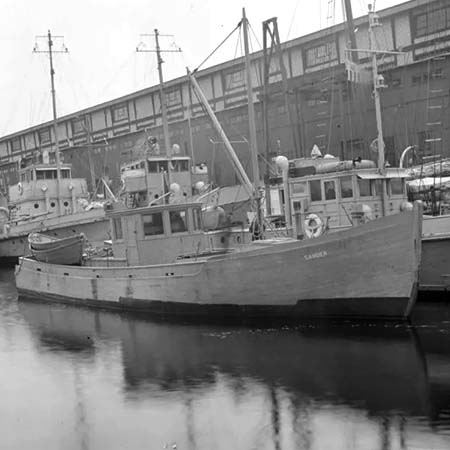
The Black Duck and End of Prohibition
In the early morning hours of December 29, 1929, a Providence rum runner named the Black Duck was returning from Rum Row when they encountered Coast Guard patrol ship CG-290 in Narragansett Bay. Accounts differ at what happens next. According to the Coast Guard, they signaled the Black Duck to stop but it tried to make a run for it. A member of the Black Duck, Charlie Travers, said the Coast Guard did not signal them at all. Regardless of how it started, CG-290 opened fire on the Black Duck, killing 3 men, and wounding Travers.
Violence was always a part of America’s bootlegging era, but the Black Duck Incident was a first in a series of events that started to sway public opinion on Prohibition. The crime, turmoil, and government corruption of the bootlegging industry was greatly outweighing the effects that alcohol itself had on society.
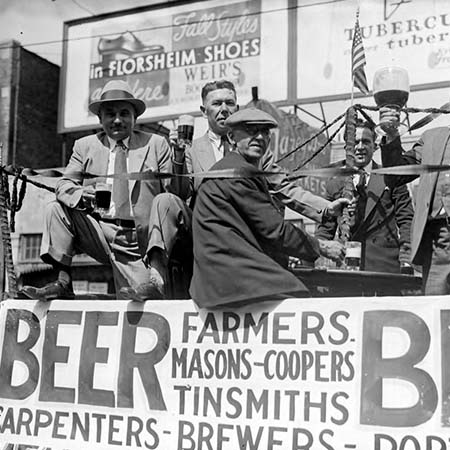
Morality itself was not enough to push the country over the edge, though. In mid-October of 1929, the stock market crashed leading to the Great Depression. As the country sank deeper and deeper into financial ruin, new income streams were explored to help bolster the economy. That also included the production and sales of alcohol. Famers and businessmen who once supported Prohibition now were lobbying Congress to repeal the 18th Amendment so that they could save their businesses.
On December 5, 1933, the 21st Amendment was ratified, officially repealing the 18th Amendment.
Rhode Island has a wonderful history of discovery, industry, and arts. But don’t neglect the darker points in it’s past. Sometimes those are the events that make some of the best stories. Who would have guessed that little Block Island helped keep booze flowing in speakeasys all around the area!
Keep an eye out for the patrol boats and Sail Away!


